
Kingdom First: My Identity is in God’s Supremacy
While Cain brought God an offering “in the course of time,” Abel offered God the first and best of his flock; so, God accepted his offering.

While Cain brought God an offering “in the course of time,” Abel offered God the first and best of his flock; so, God accepted his offering.

The heartbreaking part is that the tree of life was there in the Garden of Eden and, had they eaten it, they would’ve lived forever.

Purpose prevails when we allow ourselves to pursue the path whose end we do not know. To know that God is in control is the first step to allowing the purpose led path to prevail.

Noah received grace from God when God gave him a plan to escape the flood: the ark. If Noah hadn’t built the ark, he would’ve been destroyed.

Jesus found 12 men to follow him. One of these men, however, has been regarded by Christians today as having fallen: Judas.

Terah, Abraham’s father, died in Haran. After the death of his son, he left Ur where he was living and headed to Canaan. However, while he was on his way to Canaan he stopped and settled. It seems that he never kept going. This place – the stop on the way to his destiny – is where he died.

Just as Abraham, Isaac, Jacob and Joseph’s stories are recorded along with their mother’s, brothers and sisters, we must know our stories.

In Genesis 7, God tells Noah to get in the ark because it’s about to flood. The only thing is: there’s no rain.

The Israelites receive the benefits of Joseph’s sacrifice, hard-work, service and love and then they lose them and become slaves in Egypt.
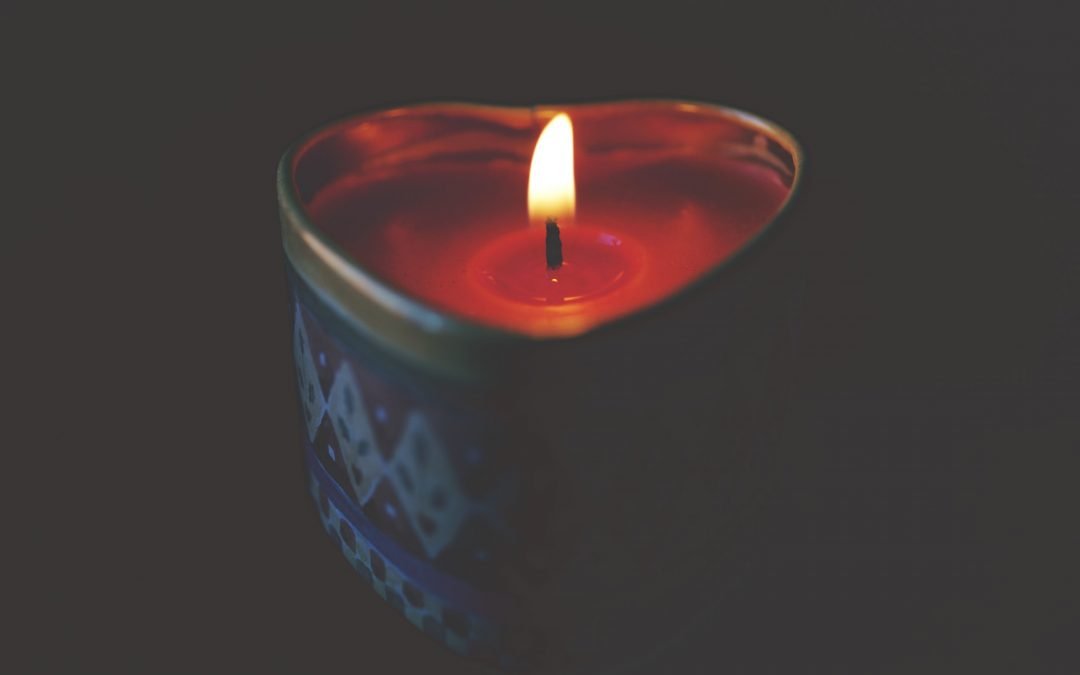
Aaron had the power to turn the people of Israel to the path of God and instead he walked with them as they marched to their own death.
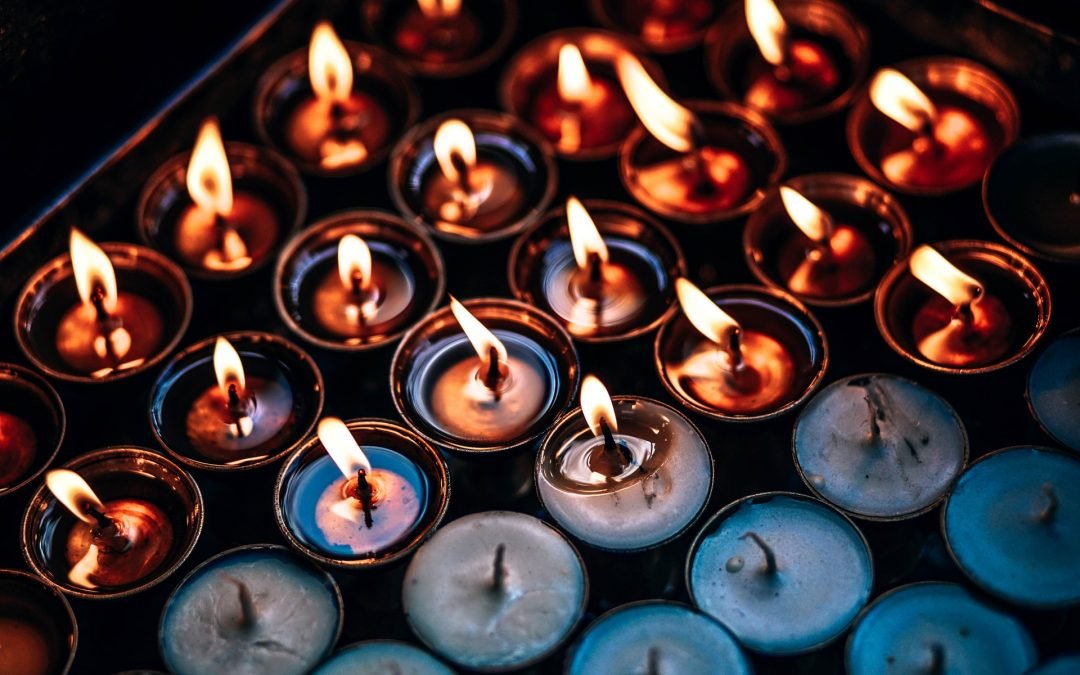
In a society that has a focus on self, reconciliation, which regards others above ourselves, is counter-cultural. But this kind of love is a command. And, it is also a gift. Jesus put reconciliation before sacrifice making himself the last and final sacrifice for our sins so that we could have a relationship with God.

God’s desire was to set the people of Israel free from Egypt. He put them in a position so weak that, to survive, they would have to discover how powerful they could be is they trusted in him. Slavery was God’s path to freedom.
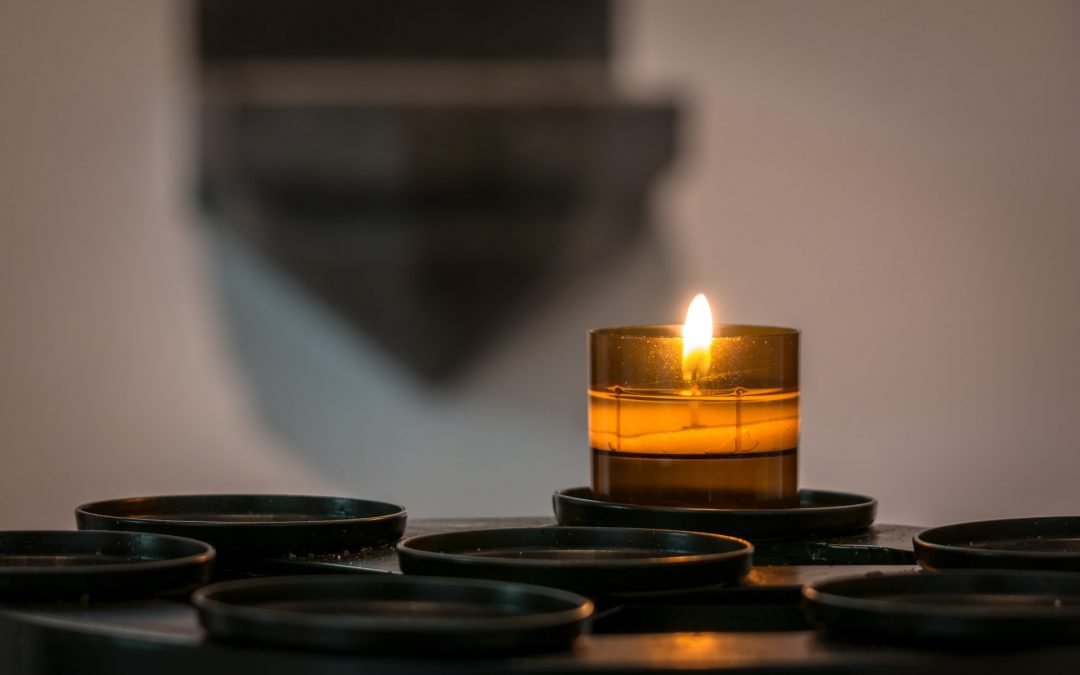
Jesus’ constant call and command to us is to be reconciled to one another. Even our Judas’. In fact, it is the way we will know how to recognize and distinguish his true disciples from false teachers.
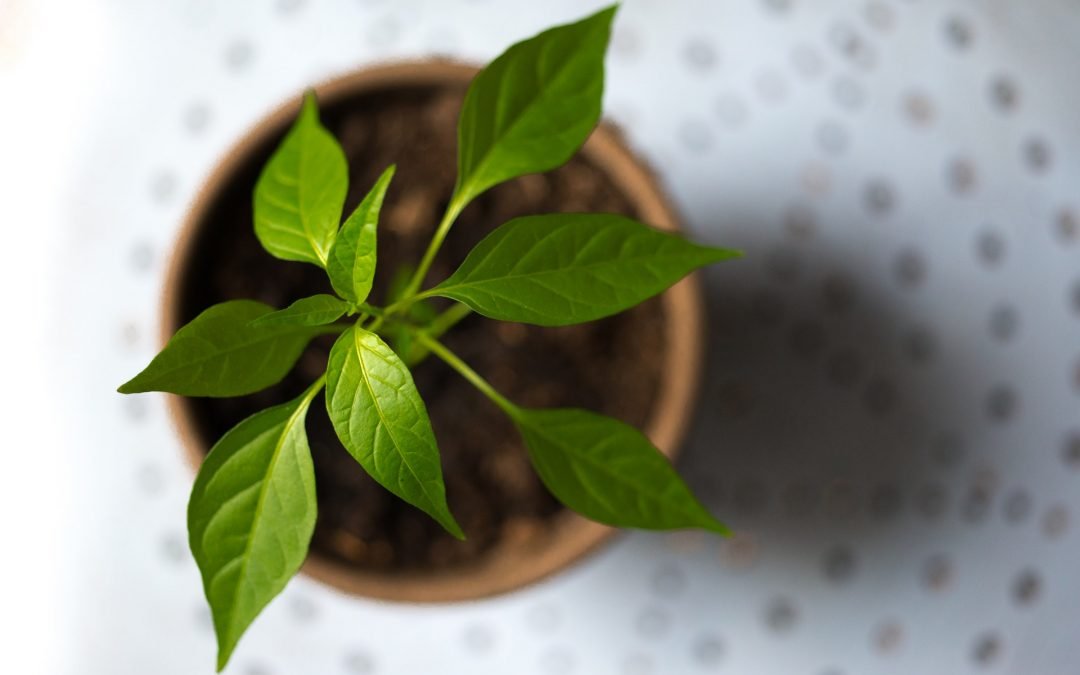
God knows everything so he knew that the burden was too much for Moses to bear alone. Perhaps God was waiting for Moses to ask. What if God is waiting for you to ask for the thing that you need?
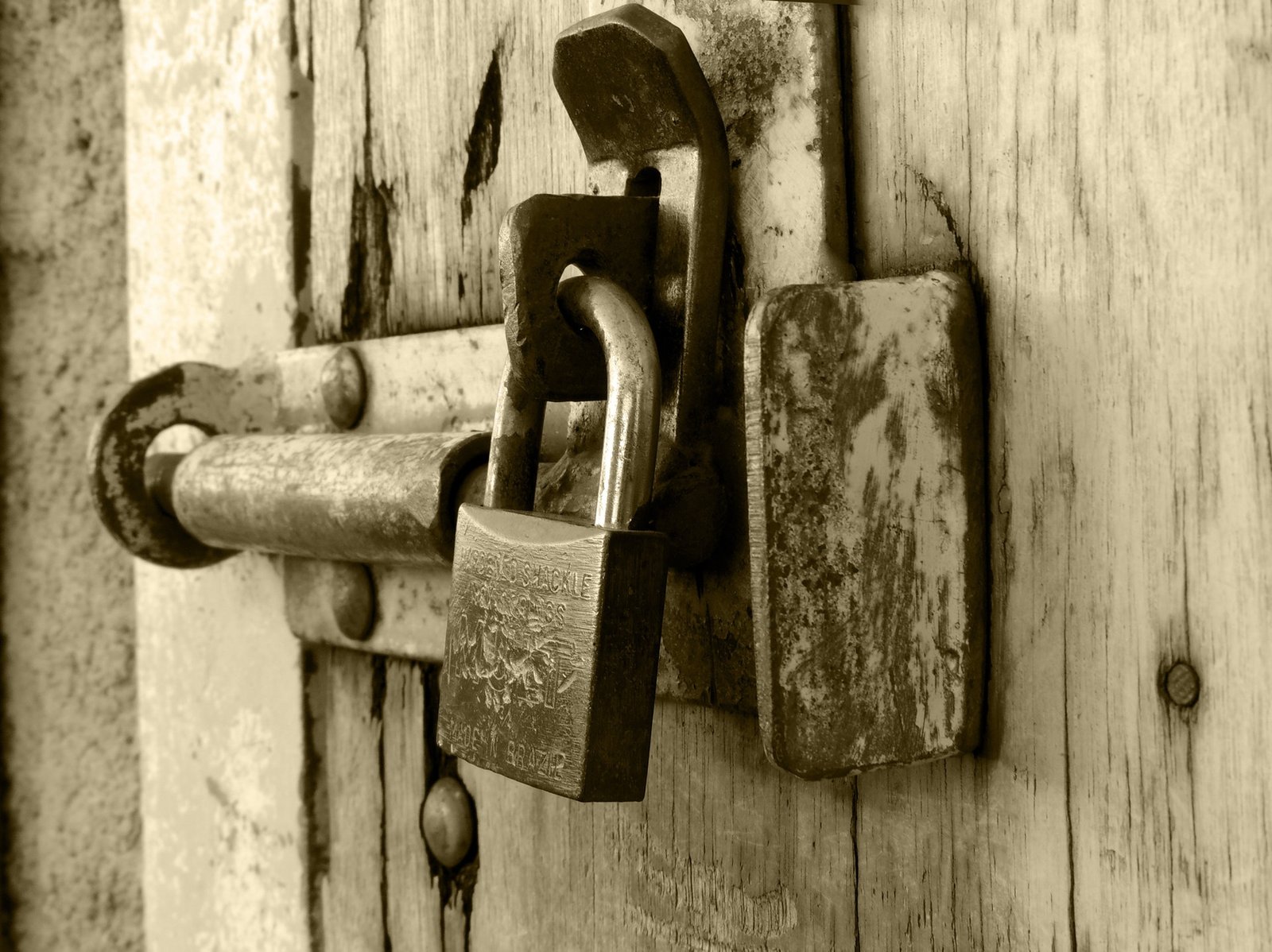
From Genesis to Numbers, God demonstrates that he is interested in revealing our true identity in order to give us a purpose. This purpose come from allowing God to free us from our past and from people. Your freedom is in your Israel. Your purpose is in your struggle with God.

Before she had experienced the joy of being a mother, before she felt the pain of hearing him cry uncontrollably, before she even said thank you to God for providing a son, she found herself saying: give me another son.

Ruth had a difficult life perhaps even caring for her husband until his death. Ruth was a woman who had experienced hardship. As a result she was not uncomfortable going into the unknown. Her past difficulty had equipped her to stay the course.

It may seem crazy but, after I finished the Book of Leviticus, I realized that God put humanity out of Eden and allowed the Israelites to be enslaved for 430 years in Egypt because he loved them. I believe that the ability to truly appreciate God’s love requires knowing what it means to live without it.

The Israelites found themselves distant from God because they could not live with one another in love. Egypt, Canaan, Shem and their descendants were all brothers and cousins. The rules of Exodus reveal how calloused and hard-hearted Israel had become.
The wilderness is a reflection of God’s love because the result of our commitment, discipline, faith and submission is power. When we embrace our identity and pursue God’s purpose in humble submission he makes us powerful over our enemies.